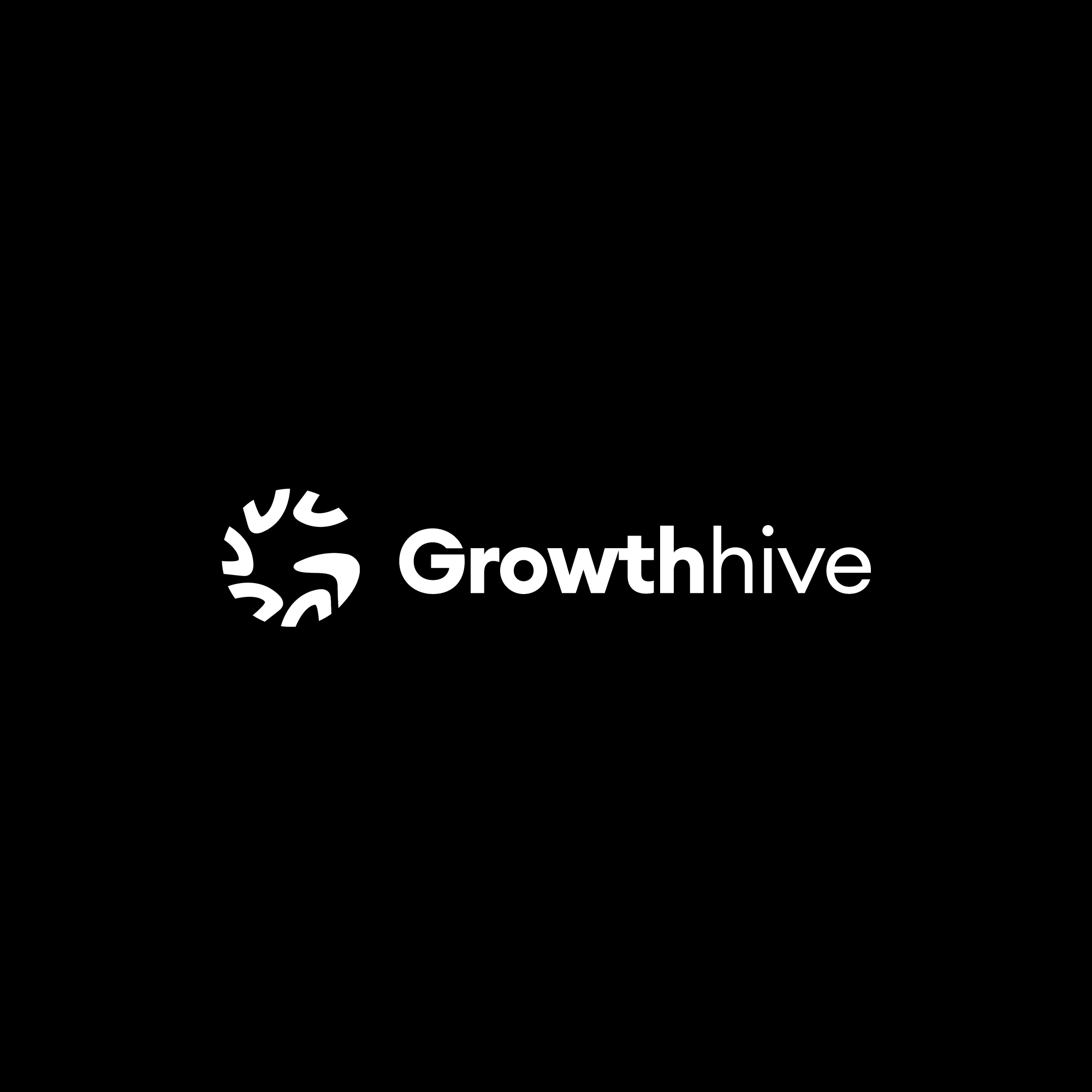Remember "We Will Rock You" from Pepsi's 2004 campaign with Beyonce, Britney Spears, Pink and Enrique Iglesias? You probably do.
Music is oftentimes the best way to communicate with consumers on a subconscious level. Our brains are always processing sounds, and music can be processed at a much faster rate when it's played at a high volume in a very short duration than say, for example, words. The reason why subliminal marketing works so well with music is due to the fact that our brains are programmed to recognize patterns in sound and music does just that.
Music is the Key to Connection
It transcends linguistic and cultural boundaries, resonating universally with the human experience. When used strategically in marketing, music can serve as a powerful tool to forge connections and elicit emotions.
Consider the emotional resonance of music. It has the power to evoke a vast range of feelings, from joy and excitement to nostalgia and contemplation. By selecting the right musical elements, you can tap into the emotional undercurrents that drive consumer behavior. Whether it's the jubilant melody of a Coca-Cola commercial or the tranquil soundtrack of a luxury car advertisement, music sets the tone and shapes the emotional landscape of your brand.
The choice of music defines your brand's personality and creates an immediate impression on consumers. Is your brand energetic and youthful, or is it more serene and contemplative? The selection of music can convey these nuances and help consumers connect with your brand on a deeper level.
The Human Brain is Hardwired to Music
Our brains are inherently wired to respond to music. It's not just a pleasant auditory experience; it's a cognitive and emotional journey that stimulates various parts of the brain associated with memory, emotion, and decision-making.
Music's power as a memory trigger is particularly fascinating. When consumers hear a specific tune associated with your brand, it can serve as a potent memory trigger. This phenomenon can bring back fond memories and reinforce brand loyalty. Think about the jingles you've heard in commercials throughout your life—when you hear them, they immediately transport you back in time, associating positive emotions with the brands they represent.
This classic 2011 "The Entrance" campaign by Heineken featured a stylish and confident protagonist dancing his way through a lavish party. The soundtrack, "The Golden Age" by The Asteroids Galaxy Tour, adds to the ad's energy and instantly brings Heineken back to mind years after it is heard again. That's the power of association with music.
Music does not strictly mean released full-feature tracks however. Jingles and distinct soundtracks that are associated with your brand are equally powerful in evoking subconscious memory.
Music Can Be Used as a Memory Trigger
Building on the concept of memory triggers, music can play a pivotal role in enhancing brand recall.
Consider the power of jingles and sonic logos. Many successful brands have created unique and memorable jingles that serve as audio identifiers. When consumers hear these jingles, it triggers immediate recognition and reinforces brand identity. Think about Netflix's "Ta-Dum" or McDonald's "I'm Lovin' It" or Intel's iconic chime—the mere sound of these audio trademarks instantly connects consumers to the respective brands.
Furthermore, music has the remarkable ability to evoke nostalgia. By using music from a specific era or genre that resonates with your target audience's memories, you can tap into the powerful emotion of nostalgia. Nostalgia not only enhances brand recall but also creates a warm and positive association with your brand.
Music Can Be a Voice for Your Brand
In the world of marketing, conveying your brand's message and values effectively is paramount. This is where music emerges as a unique and powerful tool—a voice for your brand.
Consider music as a storytelling medium. It can tell a narrative that aligns seamlessly with your brand's story. The right musical score can elevate your brand's message, making it more compelling and memorable. For instance, an emotionally charged piece of music can underscore a heartwarming story in a charity campaign, eliciting empathy and encouraging action.
Music can also help your brand achieve cultural relevance. Tailoring your music choices to resonate with the cultural context of your target audience demonstrates an understanding of their values and preferences. By selecting music that aligns with your audience's cultural identity, you can establish a stronger connection and foster brand loyalty.
The Right Music at the Right Time is Critical
Timing is of the essence in marketing, and the same principle applies to music. The selection of music should align seamlessly with the context of your marketing campaign or content.
The mood enhancement potential of music is a critical consideration. Choose music that complements and enhances the mood you want to create. For instance, a lively and upbeat tune can energize a promotional video, aligning perfectly with a product launch or an event announcement. Conversely, a soothing and tranquil melody can be the ideal backdrop for content promoting relaxation products or wellness services.
Moreover, the context in which you use music matters greatly. There are instances where silence can be just as powerful as music. The absence of music can create a sense of anticipation or gravity, making a powerful impact on the viewer or listener.
Tik-Tok, Instagram, Snapchat
Relevant music selection is critical to the success of paid campaigns on these media channels these days. Identifying trending sounds and using them in marketing material has the potential to significantly boost viewership of your content and drive marketing goals.
If You Are Not Certain Where to Begin, Approach Experts
That's where we come in. Leveraging the power of music in marketing can be a nuanced endeavor. If you find yourself uncertain or inexperienced in this realm, consider seeking the expertise of professionals in the field.
Collaborating with musicians or composers can be a fruitful endeavor. These experts can create original music tailored specifically to your brand's needs and objectives. Whether it's a catchy jingle, a poignant soundtrack, or a memorable sonic logo, music professionals can craft compositions that resonate with your audience and reinforce your brand identity.
Musicologists, with their deep understanding of the psychology of music, can provide invaluable insights into the impact of different musical elements on consumer behavior and perception. Teaming up with marketing professionals can ensure that your music choices align perfectly with your overall marketing strategy.
Takeaway: Music Transcends Words
In the realm of marketing, music possesses a unique and subliminal power. It can speak to consumers on an emotional level with surprising effectiveness, creating connections that resonate deeply. Whether you're triggering memories, conveying your brand's values, or setting the right mood, music is a versatile tool that should not be underestimated.
By understanding and harnessing the subliminal power of music, you can elevate your marketing efforts to connect with your target audience in a profound way. Music becomes more than just a soundtrack; it becomes an integral part of your brand's narrative, leaving an indelible mark in the hearts and minds of consumers. So, don't hesitate to explore the potential of music in your marketing strategy—it's a universal language that transcends words and has the power to amplify the impact of your brand.

